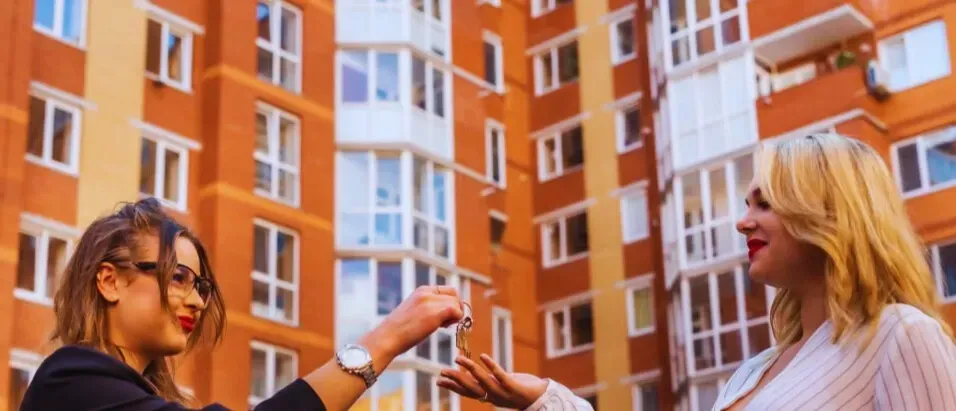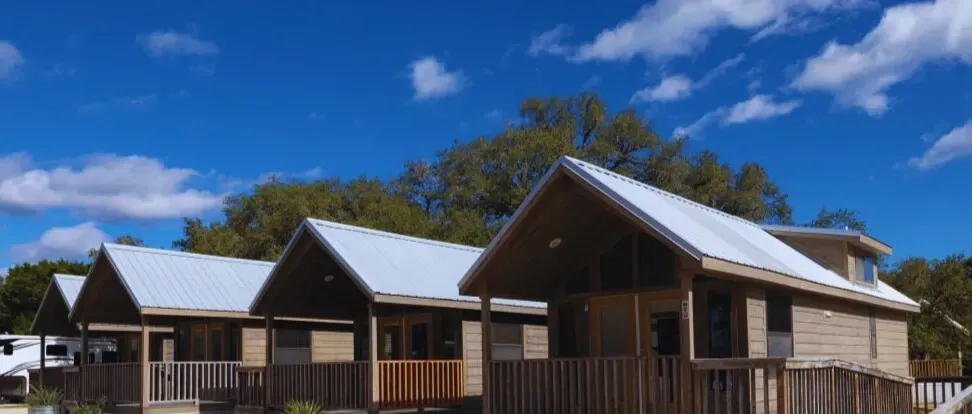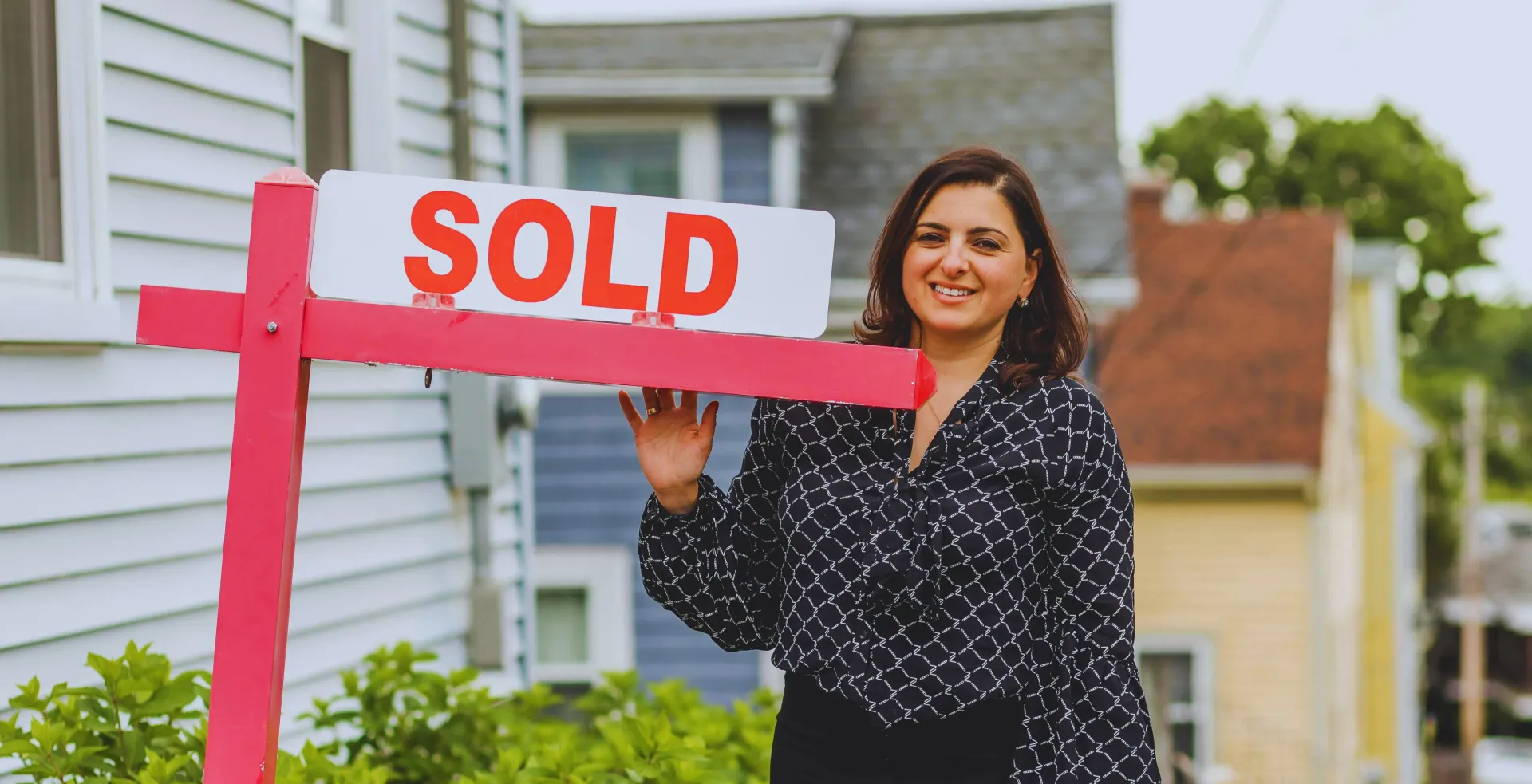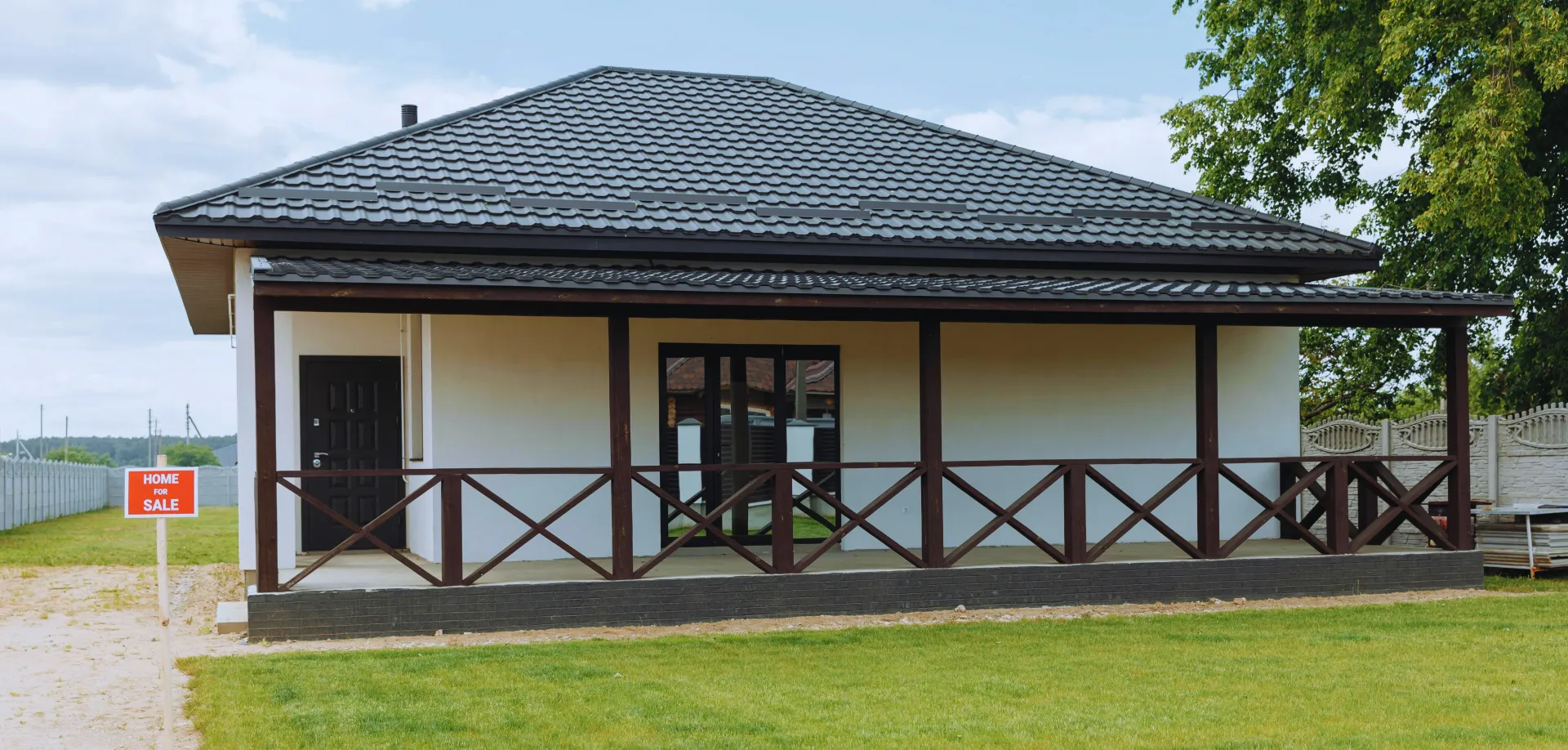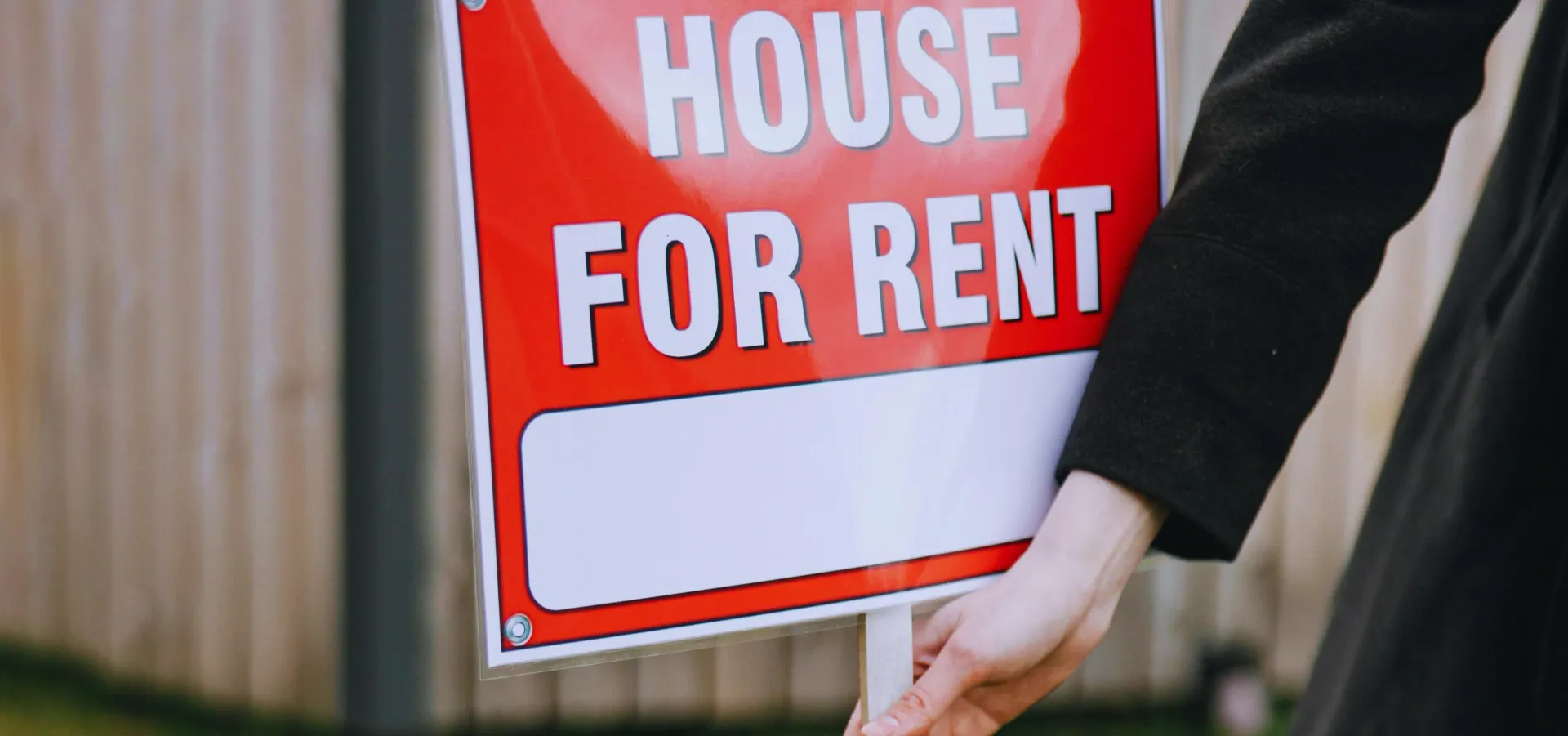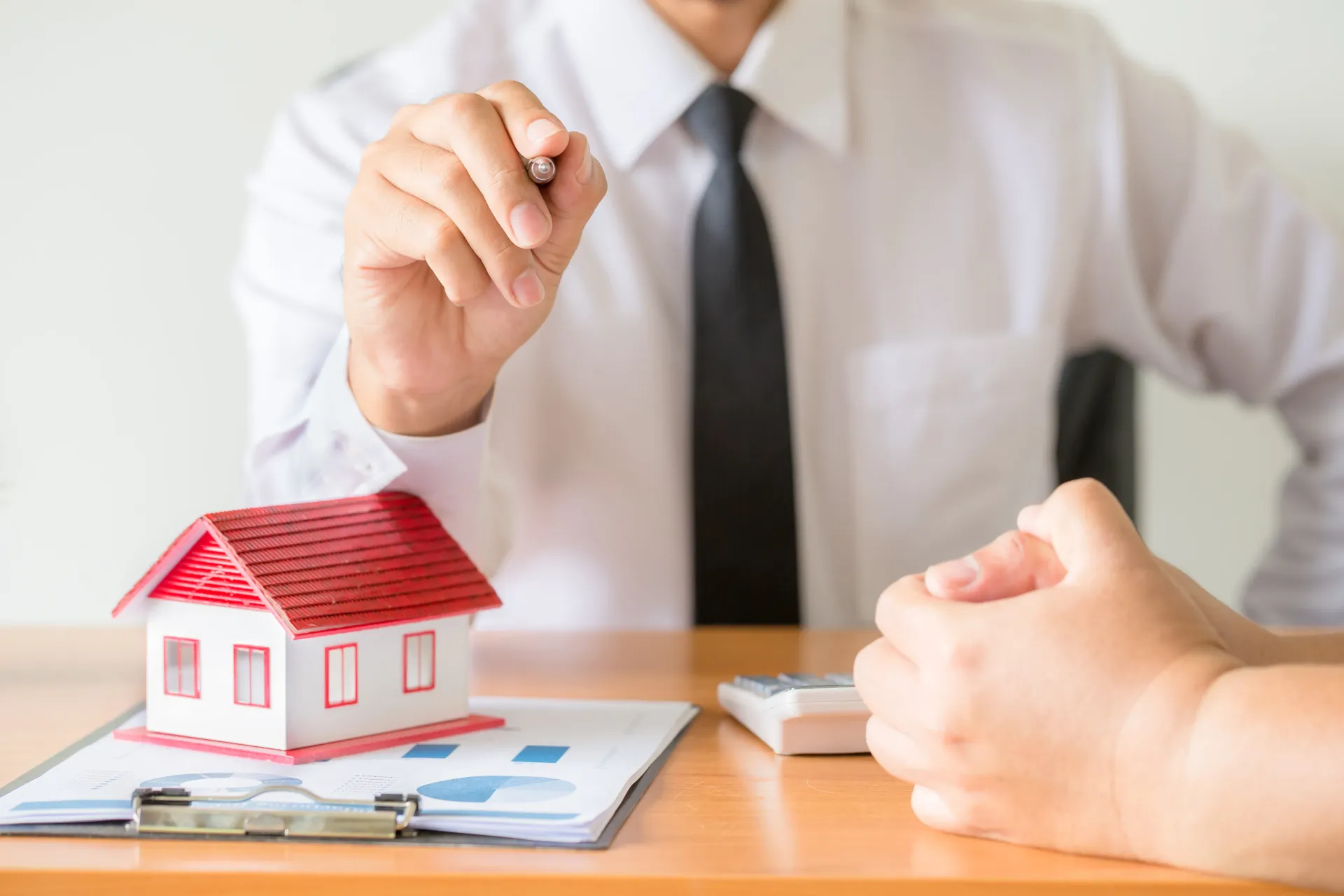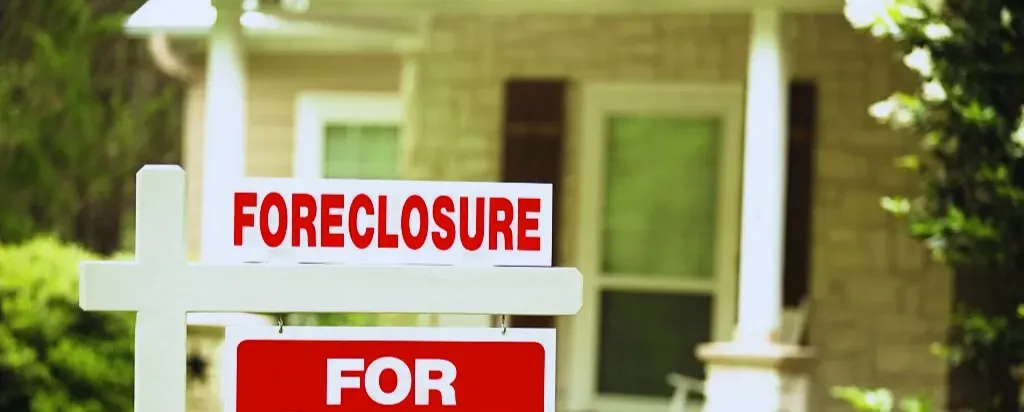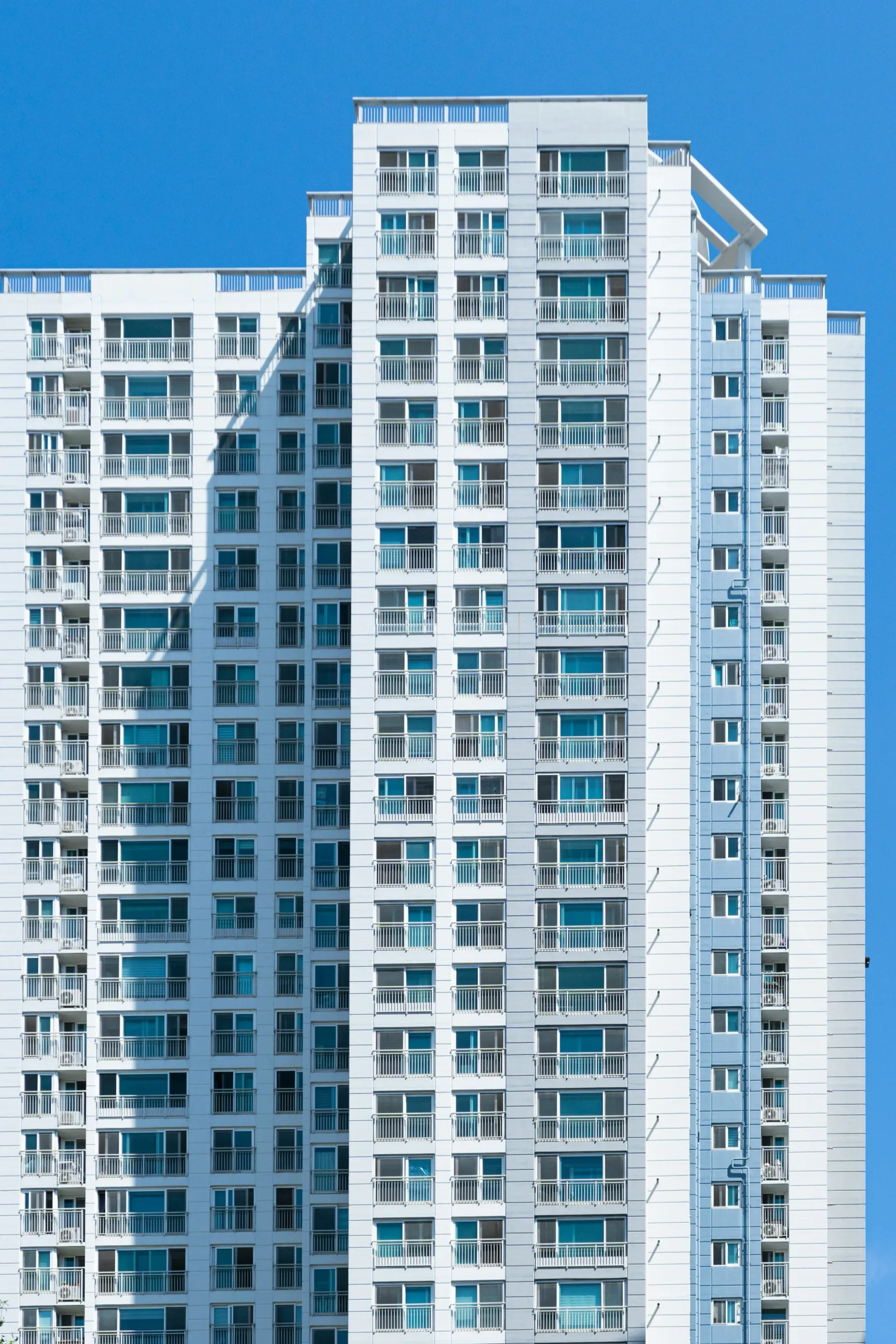Is Staging Important in Selling Your House Fast?
Introduction
I still remember my first experience with home staging vividly. I was selling my Las Vegas house and wanted to get the best price as quickly as possible. The house was lovely but had a few quirks that could be a turnoff for potential buyers. After deciding to stage the home, the transformation was incredible. Not only did the house sell faster, but I also received offers that exceeded my expectations. This experience taught me just how important home staging can be for a quick sale.
In this article, I'll share why home staging is so impactful, how it works, and how you can use it to sell your home faster in Las Vegas.
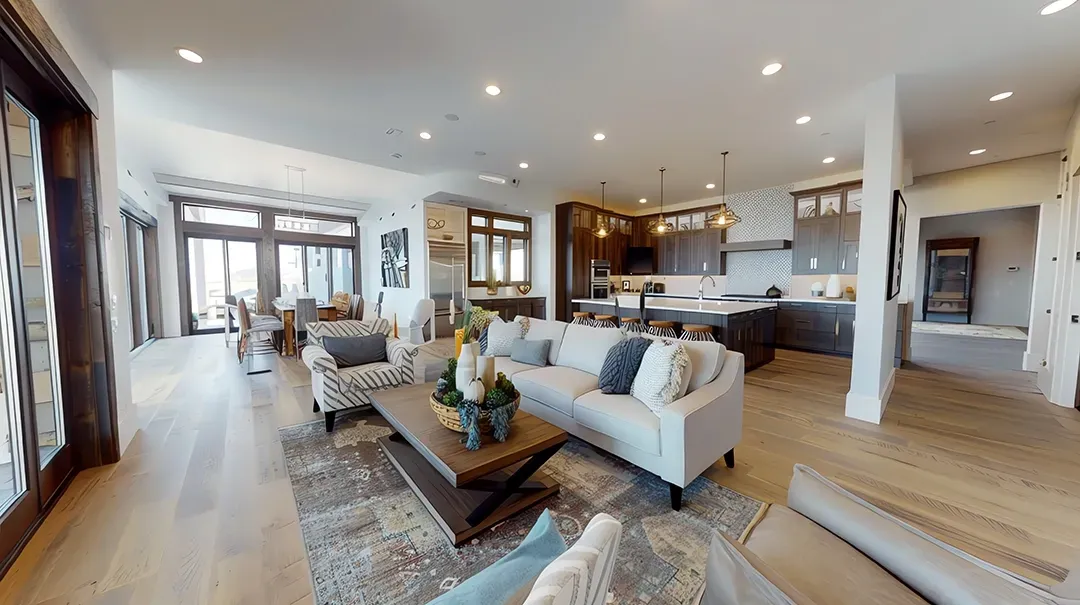
What is Home Staging?
Definition of Home Staging
Home staging is the process of preparing a home for sale by making it look as appealing as possible to potential buyers. It involves arranging furniture, décor, and sometimes even making minor repairs or updates to create a welcoming and attractive environment.
Brief History and Evolution of Home Staging
Home staging began in the 1970s when real estate agents started to realize that a well-presented home could sell faster and for a higher price. Over the years, it has evolved from simple touch-ups to a more strategic approach involving professional stagers and detailed plans.
Why Home Staging Matters
The Impact of Staging on Buyer Perception
Home staging helps buyers visualize themselves living in the space. A well-staged home highlights its best features and creates a positive emotional response, making it easier for buyers to imagine the house as their own.
How Staging Affects the Sale Price and Speed of the Sale
Staged homes often sell faster and at a higher price compared to unstaged homes. Studies show that staged homes can sell up to 73% faster and achieve 6% higher sale prices. In a competitive market like Las Vegas, these factors can make a significant difference.
How Home Staging Works
The Process of Home Staging
The staging process typically involves an initial consultation where a stager evaluates the home and provides recommendations. This is followed by decluttering, arranging furniture, adding decorative elements, and sometimes making minor repairs or updates.
Key Elements of Effective Staging
Effective staging focuses on creating a neutral, inviting atmosphere. This includes decluttering to make the space feel larger, choosing a color palette that appeals to a broad audience, and arranging furniture to showcase the home’s best features.
The Benefits of Staging Your Home
Increased Attractiveness to Buyers
Staging enhances the visual appeal of your home, making it more attractive to potential buyers. An appealing presentation can make your home stand out in a crowded market, especially in Las Vegas, where the competition can be fierce.
Faster Sale and Higher Sale Price
As mentioned earlier, staged homes typically sell faster and for a higher price. This is because buyers are more likely to be drawn to a home that looks well-maintained and move-in ready.
Positive Emotional Impact on Potential Buyers
A well-staged home creates a warm, inviting atmosphere that can evoke positive emotions in buyers. This emotional connection can influence their decision-making and lead to quicker offers.
Effective Staging Strategies
Decluttering and Depersonalizing
Start by removing personal items and excess clutter. This helps buyers focus on the home’s features rather than your personal belongings. A clean, neutral space allows buyers to envision their own items in the home.
Enhancing Curb Appeal
First impressions matter. Boost your home’s curb appeal by maintaining the lawn, adding fresh plants, and cleaning the exterior. A welcoming entrance sets the tone for the rest of the home.
Updating and Repairing Key Areas
Focus on areas that have the most impact, such as the kitchen and bathrooms. Minor updates like new fixtures, fresh paint, and repaired flooring can make a big difference.
Furniture Arrangement and Décor Tips
Arrange furniture to create an open, inviting space. Use neutral colors and stylish décor to appeal to a wide range of buyers. Make sure each room has a clear purpose and feels well-organized.
When to Stage Your Home
Timing Considerations for Staging
Ideally, you should stage your home before listing it on the market. Staging takes time, so plan ahead to ensure your home is ready for showings as soon as it’s listed.
How Staging Fits into the Overall Selling Timeline
Incorporate staging into your overall selling timeline by scheduling it after completing any necessary repairs or updates. This ensures that your home is in top condition when buyers see it.
How Much Does Home Staging Cost?
Average Costs of Home Staging Services
The cost of home staging varies depending on the size of the home and the extent of staging required. On average, professional staging services can range from $1,000 to $5,000 or more.
DIY vs. Professional Staging
While DIY staging can save money, professional stagers bring expertise and can create a more polished look. Consider your budget and the potential return on investment when deciding between DIY and professional staging.
Case Study: Successful Home Staging in Las Vegas
Real-Life Example of a Home Staging Success Story
In a recent Las Vegas project, a homeowner staged their property with professional help. The staging transformed the home from cluttered and outdated to stylish and appealing. The property sold in just two weeks, significantly above the initial asking price.
Key Takeaways from the Case Study
Effective staging can make a significant difference in selling time and sale price. Key elements of success included thorough planning, professional staging, and focusing on high-impact areas.
Common Mistakes to Avoid
Over-Staging and Under-Staging Issues
Avoid over-staging, which can make a home feel artificial, and under-staging, which can leave a home looking empty or uninviting. Strive for a balance that highlights the home’s best features without overwhelming buyers.
Missteps in Staging Specific Rooms
Be cautious with staging specific rooms, like bedrooms and bathrooms. Ensure they are functional and appealing, but avoid making them feel too personalized or cluttered.
How to Choose a Home Staging Professional
Tips for Finding and Hiring a Staging Expert
Look for experienced stagers with a strong portfolio and positive reviews. Ask for references and ensure they understand the local market in Las Vegas.
Questions to Ask Potential Stagers
Inquire about their process, costs, and what is included in their services. Discuss your goals and expectations to ensure they align with their approach.
DIY Staging Tips
Cost-Effective Staging Ideas for Homeowners
If you prefer DIY staging, focus on decluttering, rearranging furniture, and using neutral décor. Simple changes can make a big impact without a significant investment.
Step-by-Step Guide for DIY Staging
- Declutter and Clean: Remove personal items and deep-clean the home.
- Rearrange Furniture: Create an open, inviting layout.
- Add Neutral Décor: Use simple, stylish decorations to enhance appeal.
- Enhance Curb Appeal: Improve the exterior to make a strong first impression.
Staging vs. Not Staging: What’s the Difference?
Comparison of Staged vs. Unstaged Homes on the Market
Staged homes generally attract more interest and sell faster compared to unstaged homes. Buyers are more likely to make offers on homes that are well-presented and ready to move into.
Statistical Data on the Impact of Staging
Statistics show that staged homes can sell up to 73% faster and achieve higher sale prices compared to unstaged homes. This demonstrates the significant benefits of investing in staging.
Conclusion
Home staging plays a crucial role in selling a house quickly and for a higher price. By preparing your home to look its best, you can attract more buyers and create a positive first impression. Whether you choose to stage your home yourself or hire a professional, effective staging can make a big difference in your selling experience.
Key Takeaways
- Start with decluttering and cleaning to create a fresh, inviting space.
- Enhance curb appeal to make a strong first impression.
- Focus on key areas like kitchens and bathrooms for the best impact.
- Consider professional staging for a polished look and faster sale.
- Balance staging efforts to avoid over-staging or under-staging issues.
FAQ
How much does home staging cost?
Home staging costs vary but typically range from $1,000 to $5,000. DIY staging can be more budget-friendly but may require more effort.
Can I stage my home myself?
Yes, DIY staging is possible and can be cost-effective. Focus on decluttering, rearranging furniture, and using neutral décor to make your home appealing.
How does staging affect the sale price of my home?
Staging can help increase the sale price by making your home more attractive to buyers. Staged homes often sell for higher prices compared to unstaged homes.
When should I stage my home?
Stage your home before listing it on the market to ensure it is ready for showings. Plan staging as part of your overall selling timeline.
Internal Links
